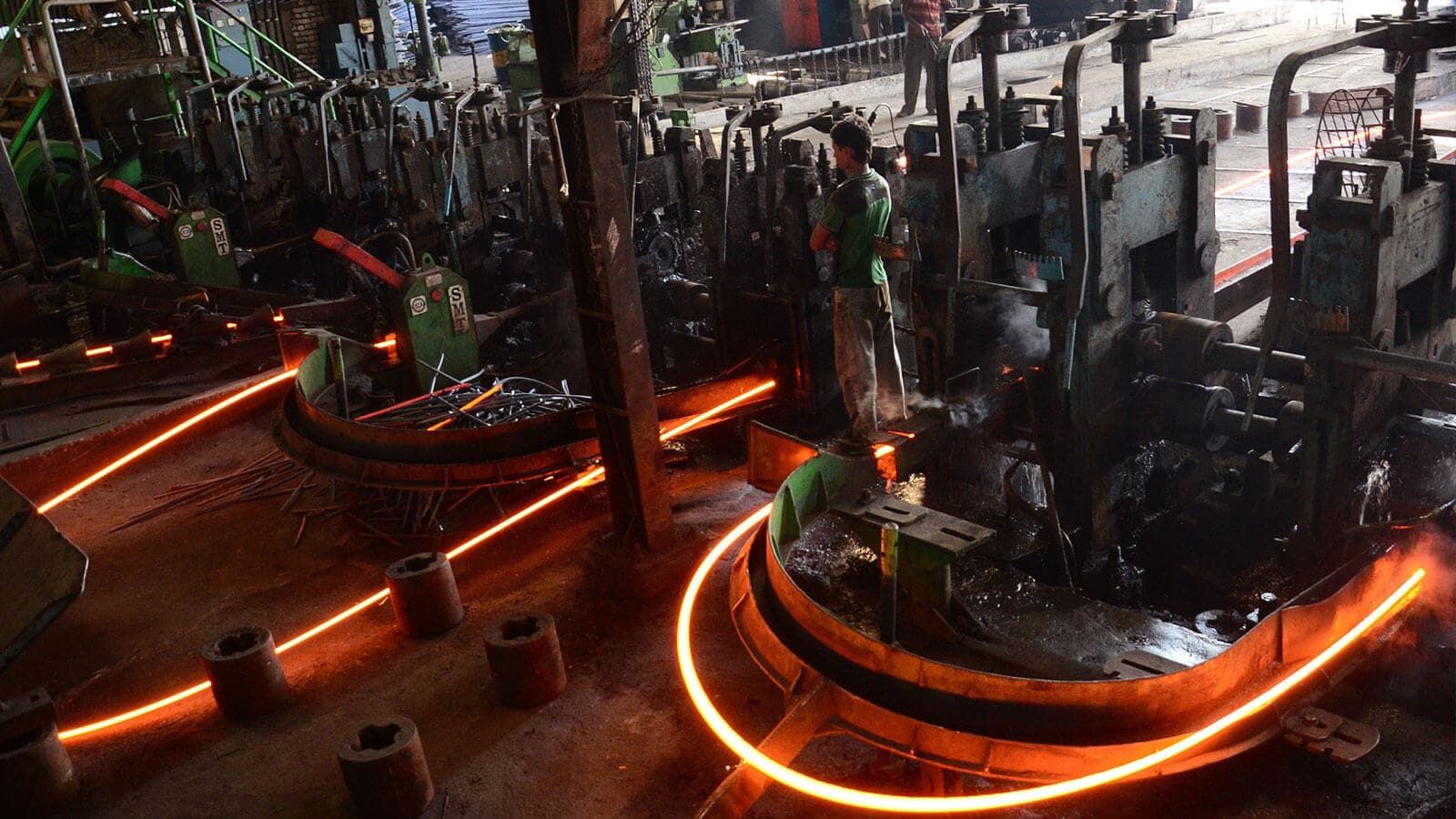
We develop solutions, so you can make the leap to more digital, dynamic and efficient operations
Manufacturing

Disruption remains the only constant in today’s global manufacturing environment. This crucial factor is driven by supply chain challenges, market interferences from tech-based entrants, and disruptions linked to the transition to net zero. These challenges carve pathways for industry players to innovate. To maintain competitiveness, industry leaders, including local players, must embrace new business models and proactively invest in cutting-edge technologies, accelerating adaptation. This comprehensive approach tackles critical aspects such as risk management, tax, audit, assurance and strategy consulting on a global scale. Our experts at PwC collaborate with manufacturers, guiding them through today’s challenges to discover novel avenues for creating value and fostering sustained growth.
Sustainability
As with all other industries, Sustainability is one of the hottest topics of discussion for organisations and businesses in the manufacturing industry. Environmental, Social and Governance (“ESG”) initiatives help an organisation in multiple ways. The most obvious and evident benefit is in regards to costs and fiscal business impacts.
Incorporating ESG into an organisation’s business strategy, though, also brings about other less evident benefits. PwC Germany Consulting Partner, Michael Thon, joins one of our Advisory Senior Managers, Eric MacKay, to share some insight into what these benefits are.
Sustainability interview
Supply Chain
Another highly talked about topic within the manufacturing industry is supply chain, its resilience and how to leverage it.
Having a resilient supply chain is one of the goals of every business in the manufacturing industry. Those that are investing in digitalisation are finding that the two are linked and work hand-in-hand. The past few years have been a rather trying period for so many businesses and organisations across many different industries.
Steel workers fastening steel to crane in factory
The companies who have a competitive advantage over their competition are those who can change those challenges into opportunities. PwC Germany Consulting Manager, Christoph Schein, joins one of our Assurance Senior Managers, David Gafa, as they talk about how these opportunities can be leveraged in a company’s supply chain.
Business incentives opportunities
The manufacturing sector is one of the main pillars of the Maltese economy. In fact, the entities operating in this sector employ a significant segment of Malta’s workforce and are one of the main contributors to the Maltese GDP.
Over the years, Maltese incentive legislation together with EU funding has included a wide range of fiscal incentives and cash grants aimed at promoting economic activity and attracting foreign direct investment to Malta.

How we can help
How can we help?
Through our team of professionals in advisory, accounting, audit and tax departments, we help you create value-driven solutions to address your business challenges, supported by our expansive international network. We also provide expertise in areas likedata analytics, internal audit and governance, empowering your business to thrive today and tomorrow. Commented [N(3]: Let's make sure this is automatic and that it includes the latest insights
Contact us



















